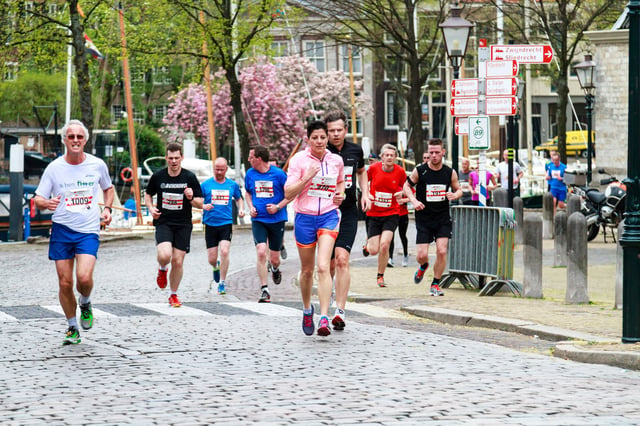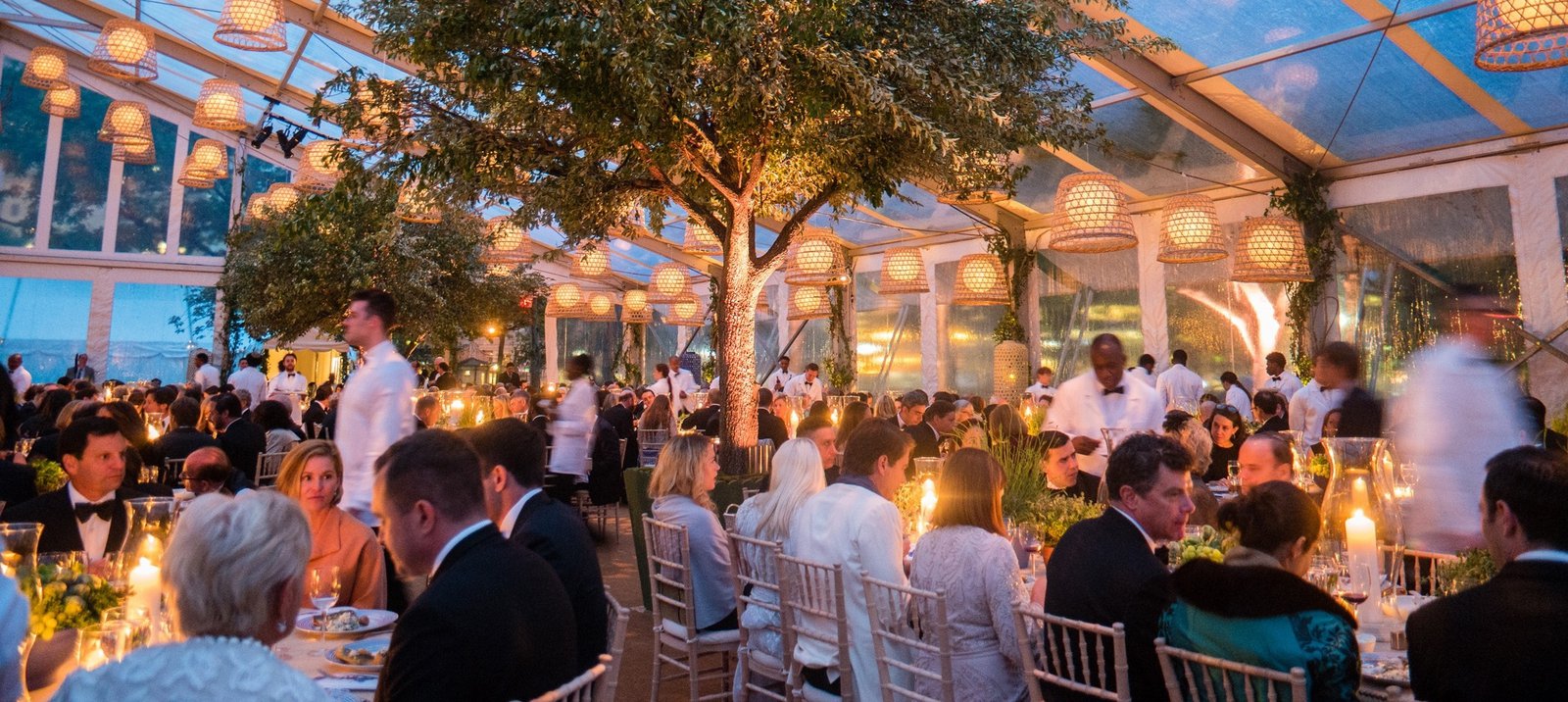Share this
Previous story
← 5 Keys to Wellbeing for Change Makers
I’ll just come right out and say it: it’s Gala season.
As a young nonprofit professional, I’ve always been either a staff member or a volunteer at annual benefits and galas, but never before, a guest. That is, until this year. In the last few weeks, I’ve attended two of these events as a guest, and in doing so, walked away with a greater understanding of how they work and a deep appreciation for what fuels their success.
It’s notable to mention that many (if not all) annual benefits and galas are peer-to-peer fundraising programs in nature. Take my experience for example: I didn’t see an advertisement online for the event and then purchase a ticket to attend. Instead, I was invited by someone in my network to be a guest at the table they had purchased. This person had a longstanding relationship with the organization, bought a table in a show of support, and then reached out to their network to join them. And as a member of their network, but not yet a supporter of the organization, I walked into the gala with little background knowledge of the organization or their impact, but was about to spend an entire evening directly being exposed to their work and the opportunities I had to support their mission.
The evening started off well. I sat in the crowd listening to the program; volunteers were honored, stories of impact were shared, and perhaps most importantly – the ask was made. But then it happened. A cringe-worthy moment, that especially a fundraiser would notice, occurred when the presenter making the ask said – and I quote “These tickets were expensive so if you feel you’ve given enough, we’ll understand.” It’s a perfect example of a not so uncommon moment when an ask for support quickly morphs into an apology.
However, despite the misstep, the organization exceeded their fundraising goal for the night. And while the outcome was great, I couldn’t help but wonder, how? I left the event that evening replaying the details of the night in my head. I noted the compelling way they shared the stories of impact, and the way that each aspect of the event, down to the silent auction prizes, connected to the organization’s mission. Is it possible that these other factors helped make up for the dismissive ask? If so, how much more would they have raised if the ask were different, better even?
And while we wont ever know what the results would have looked like for that specific gala had the ask been more compelling, I learned something important that night.
Attend events like those that you’re planning.
It seems so obvious, yet I’d never done it before. Attending a 5K run while you’re planning a 5K run, or participating in a DIY campaign while you’re building one for your organization will do three key things:
 1. It allows you to step into your participants’ shoes. Volunteering won’t give you nearly as much insight into the participant experience as being a participant will. This is why it’s so important that you experience events and campaigns as a guest or participant. Playing this role will give you a much richer understanding of what works and what doesn’t, as well as what activities, messages, and program segments are most impactful.
1. It allows you to step into your participants’ shoes. Volunteering won’t give you nearly as much insight into the participant experience as being a participant will. This is why it’s so important that you experience events and campaigns as a guest or participant. Playing this role will give you a much richer understanding of what works and what doesn’t, as well as what activities, messages, and program segments are most impactful.
2. It showcases how well-oiled event features are rolled out. Look for what lessons can be translated to your own event or campaign planning process. Avoid focusing on the new shiny object that another organization is using, like a montage video that your organization doesn’t have the budget for, and instead focus on what is being accomplished, and more importantly, how it's being accomplished. How is that video communicating impact? How are they framing their message to make it compelling?
3. Finally, and probably most obviously, it helps you observe what could be done better. Ask yourself: Where were their missteps? How did those missteps impact the success of the event or campaign? What can you do to remedy or avoid these missteps when planning your organization’s program?
Embrace your moment to be a guest or a participant, rather than a staff member or a volunteer. Enjoy your time, but pay attention to the way things are being done. Plus, when else do you get to actually experience the fun of it all, and enjoy the wine?
These Related Stories



No Comments Yet
Let us know what you think